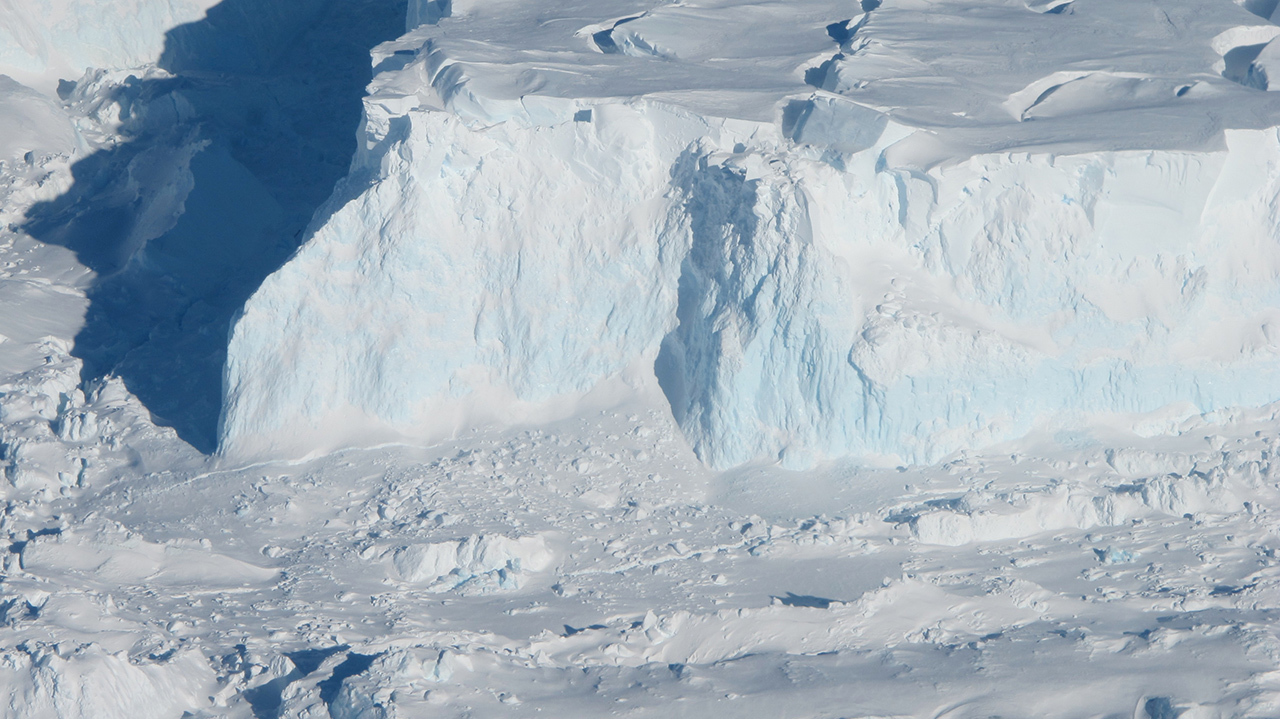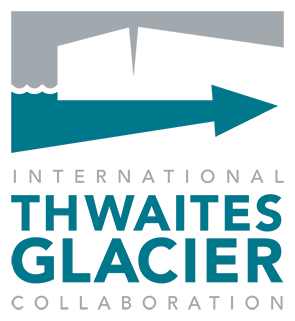
A new study by the International Thwaites Glacier Collaboration (ITGC) has provided a more optimistic outlook on one of the worst-case scenarios for sea-level rise caused by melting Antarctic glaciers. The research suggests that a rapid and catastrophic collapse of the Thwaites Glacier in West Antarctica is less likely to occur this century than previously thought. However, scientists caution that the loss of polar ice remains a significant threat.
The Thwaites Glacier currently contributes about 4% of global sea-level rise. It holds enough ice to raise sea levels by over two feet (0.65 metres) if it fully melts. Due to its unstable nature and rapid melting, Thwaites has been a focal point for climate scientists studying rising seas.
The new study, published in Science Advances and led by researchers at Dartmouth College in the US, re-examined a process called marine ice cliff instability (MICI). This hypothetical mechanism predicts that when ice shelves (floating extensions of glaciers) collapse, they expose tall ice cliffs that could crumble under their own weight. This process could trigger a chain reaction, causing glaciers to retreat rapidly and leading to dramatic sea-level rise.
While MICI has been a key factor in some extreme sea-level projections, it remains unobserved in the real world and has only been modeled using older, low-resolution simulations. The Dartmouth team used updated high-resolution computer models to simulate the Thwaites Glacier’s retreat. They found that MICI is unlikely to occur this century, as previously feared.
The results of this study challenge some of the most alarming predictions of the United Nations Intergovernmental Panel on Climate Change (IPCC), which included the possibility of MICI-driven collapse in its high-risk projections. The new models show that Thwaites will likely continue to lose ice at a rapid rate but its retreat will not turn into a catastrophic collapse during the 21st century.
“We’re not saying the Antarctic is safe,” cautioned Professor Mathieu Morlighem, the study’s lead author from Dartmouth College. “Sea-level rise is still a pressing issue, but we’re confident that the most extreme predictions for this century are less likely.”
The study emphasizes the importance of accurate projections in planning for the effects of climate change. High-risk scenarios, even if unlikely, are critical for policymakers when planning for adaptation in low-lying areas.
While the findings offer hope, they also serve as a reminder not to become complacent. Melting ice in Antarctica and Greenland continues to raise sea levels and poses long-term risks for coastal communities worldwide. Researchers stress the need for continued vigilance and investment in understanding polar ice dynamics to prepare for the challenges ahead.
Mathieu Morlighem et al., The West Antarctic Ice Sheet may not be vulnerable to marine ice cliff instability during the 21st century. Sci. Adv.10, eado7794(2024). DOI:10.1126/sciadv.ado7794






